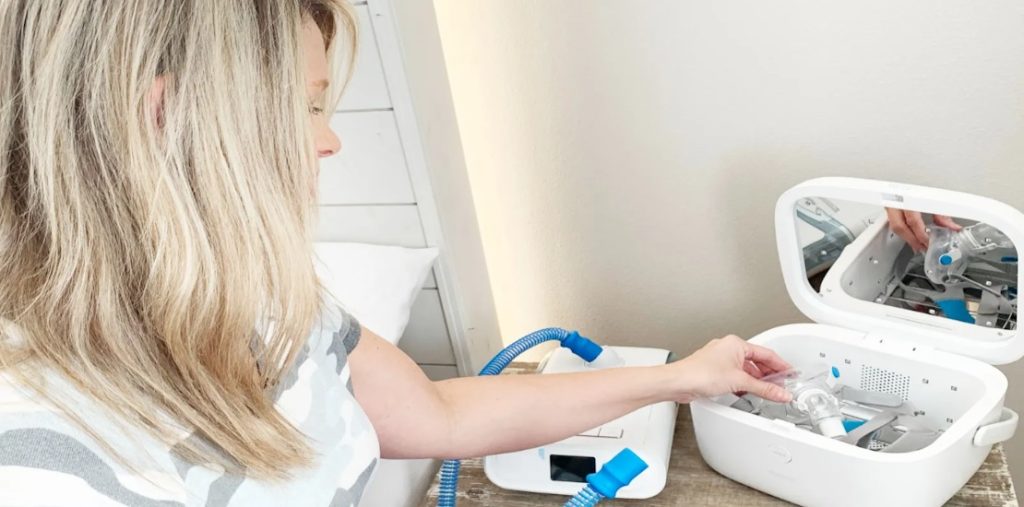A clean CPAP machine is essential for ensuring a refreshing and rejuvenating rest each night. When a device is well-maintained, it delivers consistent airflow without any obstruction, helping users breathe easily throughout the night. Any buildup of dust, bacteria, or mold inside the machine can compromise its performance, leading to discomfort or even health issues. Regular cleaning ensures that every breath taken is fresh and free from contaminants, promoting better sleep and overall well-being. Maintaining a hygienic CPAP setup helps prevent irritation and infections, making nightly use more comfortable and effective. A CPAP machine functions by providing a steady stream of air to keep airways open, which is why cleanliness is crucial. Any dirt or residue in the tubing or mask can result in blockages, reducing the efficiency of airflow. Over time, moisture inside the machine can create an ideal environment for bacteria and mold to grow.

These harmful particles can then be inhaled, potentially causing respiratory issues. By incorporating a consistent cleaning routine, users can avoid these risks and experience uninterrupted, high-quality sleep. A properly cleaned CPAP mask plays a vital role in comfort and effectiveness. Since the mask is in direct contact with the face, oils from the skin can build up over time, leading to discomfort and leaks. If not cleaned regularly, this buildup can also cause skin irritation or breakouts. Washing the mask daily with mild soap and warm water removes any residue and ensures a secure fit each night. A well-maintained mask helps create a proper seal, preventing air leaks that could disrupt sleep and reduce therapy effectiveness. The tubing that connects the scpap cleaning machine to the mask also requires regular cleaning. Dust and moisture can accumulate inside, which may lead to the growth of bacteria if left unchecked.
A simple rinse with warm water and gentle soap can help eliminate any potential contaminants. Allowing the tubing to dry completely before use ensures that moisture does not remain trapped inside. This simple step can significantly improve the longevity of the equipment while maintaining the hygiene necessary for safe and effective use. CPAP filters are another critical component that must be kept clean for optimal performance. These filters are responsible for trapping airborne particles and preventing them from entering the machine and being inhaled. If they become clogged with dust or debris, the airflow may be restricted, making breathing more difficult. Depending on the type of filter, it should be cleaned or replaced regularly to maintain proper function. Clean filters contribute to better air quality, reducing the risk of irritation or congestion while sleeping. A well-maintained humidifier chamber also enhances the CPAP experience.

